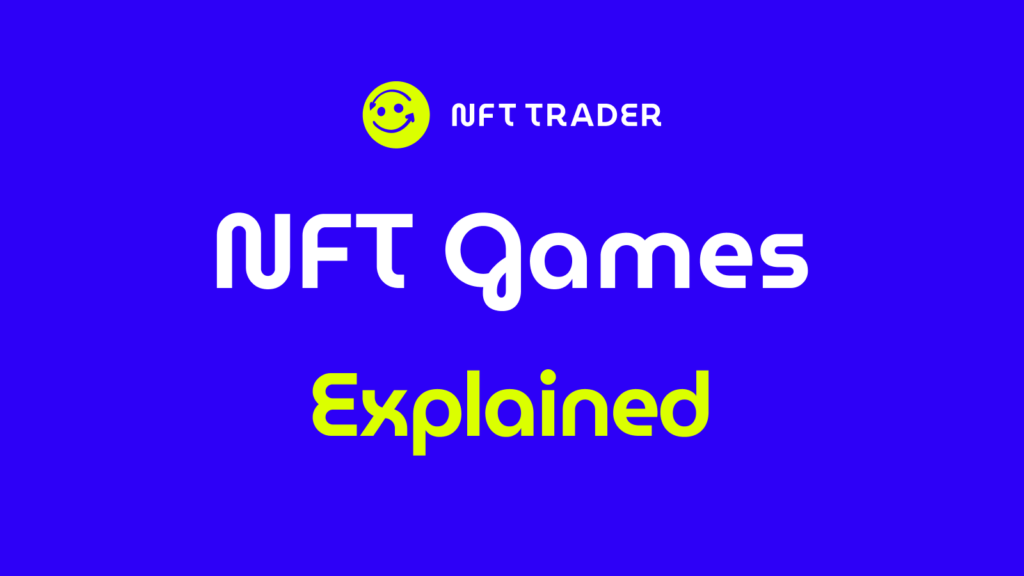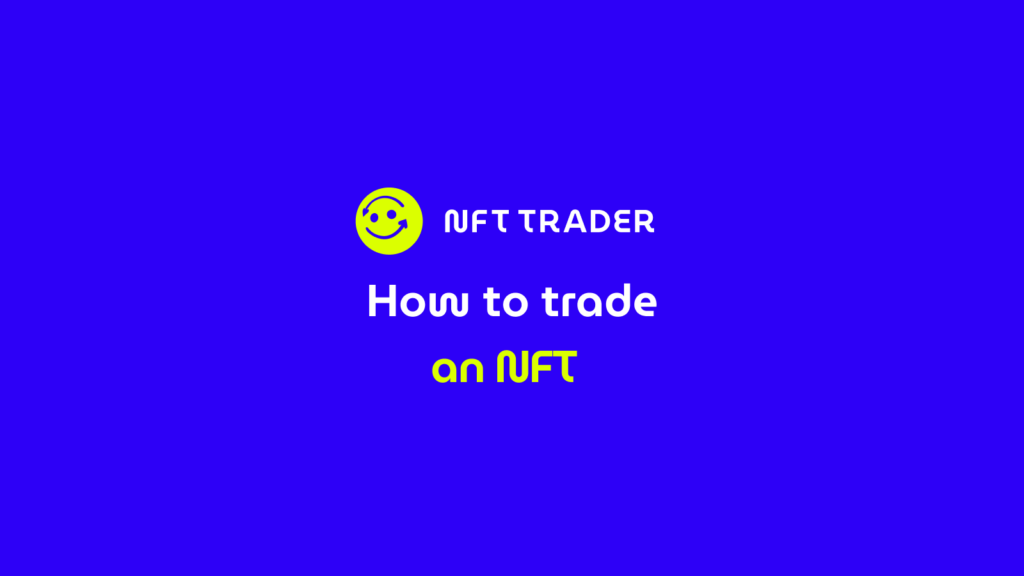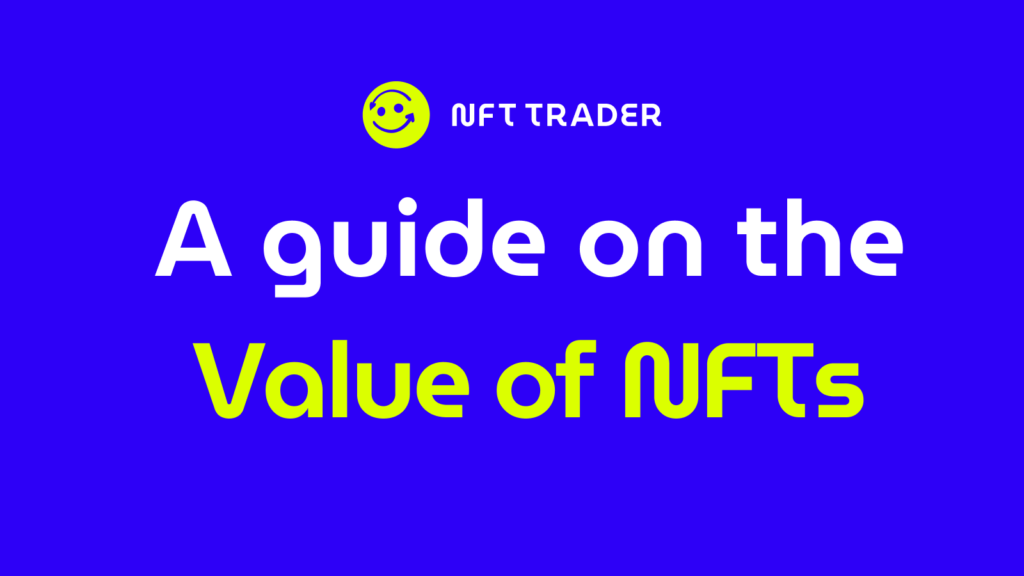Exploring the World of NFT Games: A Comprehensive Guide

NFT games have emerged as a groundbreaking and transformative force within both the gaming and blockchain industries, fundamentally reshaping how we perceive and engage with video games. These games leverage Non-Fungible Tokens (NFTs) on blockchain technology to introduce a new paradigm of ownership, scarcity, and value within the gaming world. With NFT games, players can truly own in-game assets, trade them on open markets, and participate in player-driven economies. This fusion of gaming and blockchain technology has profound implications, offering players unprecedented control over their digital possessions, fostering player-driven ecosystems, and paving the way for novel gaming experiences that have the potential to disrupt traditional gaming models. In this introduction, we will explore the multifaceted significance of NFT games in these two dynamic industries.
Summary:
What are NFT games
NFT games, or Non-Fungible Token games, are a genre of video games that leverage blockchain technology, specifically NFTs, to introduce a new level of ownership, scarcity, and value to in-game assets. NFTs are unique digital tokens that represent ownership of a specific item or asset on a blockchain. In the context of NFT games, these assets can range from characters, weapons, skins, and other in-game items to virtual real estate or collectibles.
Here’s an explanation of how NFTs are integrated into gaming ecosystems to empower players with ownership of in-game assets:
- Asset Tokenization: In NFT games, developers tokenize in-game assets by creating unique NFTs for each item. For example, a rare sword in a fantasy RPG might be represented as an NFT, with its ownership and attributes recorded on a blockchain.
- True Ownership: By using NFTs, players gain true ownership of their in-game assets. Unlike traditional games where assets are often locked to a specific account or platform, NFTs allow players to have full control over their digital items. They can transfer, sell, or trade these assets both within and outside of the game ecosystem.
- Player-Driven Economies: NFT games foster player-driven economies, where the value of in-game assets is determined by supply and demand in open markets. Players can buy, sell, and trade assets with other players, setting their own prices and creating a dynamic and decentralized virtual economy.
- Interoperability: NFTs are often designed to be interoperable, meaning that assets can be used across multiple games or platforms that support the same standards. This interoperability enhances the value of NFT assets, as players can potentially use them in various gaming experiences.
- Scarcity and Rarity: NFTs allow developers to create truly scarce and rare in-game items. Collectors are drawn to the uniqueness of these assets, and developers can introduce limited-edition or unique NFT items to drive interest and participation.
- Ownership Verification: Blockchain technology ensures the provenance and authenticity of in-game assets. Players can verify the history of an asset, ensuring that it is not counterfeit or duplicated.
In summary, NFT games integrate NFTs into gaming ecosystems, enabling players to have true ownership of in-game assets. This ownership revolutionizes the gaming industry by empowering players with control over their digital possessions, fostering player-driven economies, and creating new possibilities for virtual asset ownership and trading. It represents a significant shift in how we perceive and interact with virtual items in the gaming world.
How do NFT games work?
NFT games operate on the principles of blockchain technology, which underpin their unique functionality. Each in-game asset, represented as an NFT, is minted on a blockchain, often using Ethereum’s ERC-721 or ERC-1155 standards. These NFTs store essential information about the asset, such as its ownership, attributes, and scarcity, in an immutable and transparent ledger. Players interact with these assets through smart contracts, enabling secure ownership transfers, trades, and interactions within the game’s ecosystem.
One notable innovation in NFT games is the play-to-earn model. This model flips the traditional gaming paradigm by allowing players to earn real-world value from their in-game activities. Players can accumulate valuable NFT assets through gameplay, whether by completing quests, winning battles, or crafting items. These assets can then be sold or traded in secondary markets, providing players with a tangible return on their time and effort invested in the game. This model has the potential to disrupt the gaming industry, as it bridges the gap between virtual and real-world economies, offering players a new incentive to engage with NFT games.
In-game NFTs, as mentioned earlier, represent a wide range of digital assets, from characters, weapons, and cosmetics to virtual real estate and collectibles. These assets are at the core of NFT games, offering players the opportunity to own and trade digital items with tangible value. As NFT games continue to evolve, they explore new horizons for player empowerment and virtual asset ownership, blurring the lines between gaming and the broader blockchain-based digital economy.
Can I lose money playing NFT games?
Yes, it is possible to lose money playing NFT games. While NFT games offer the opportunity to earn real-world value through in-game activities and asset trading, they also come with risks. The value of in-game assets, represented as NFTs, can be highly volatile and subject to market fluctuations. Additionally, scams and fraudulent schemes have been associated with some NFT games and platforms, posing a risk to players’ investments. It’s essential to approach NFT games with caution, conduct thorough research, and be aware of the potential financial risks involved. Like any investment or speculative activity, there is no guarantee of profit, and it’s crucial to make informed decisions and manage your investments wisely when engaging in NFT gaming.
Can I lose NFTs?
Yes, it is possible to lose Non-Fungible Tokens (NFTs). NFTs are digital assets stored on a blockchain, and their ownership is tied to the private keys of your digital wallet. If you lose access to your wallet or forget your private keys, you can lose access to the NFTs stored within it. Unlike traditional physical assets, there is no way to recover lost NFTs if you cannot prove ownership of the associated wallet. It’s essential to take precautions to secure your digital wallet, such as using strong passwords, enabling two-factor authentication, and keeping backups of your private keys in a safe and secure location. Losing NFTs due to mishandling of digital keys is a real risk, so it’s crucial to be diligent in safeguarding your NFT investments.
Benefits of NFT Games
NFT games offer a multitude of benefits that are reshaping the gaming landscape. First and foremost, they provide players with true ownership of in-game assets, a fundamental shift from the traditional model where players have limited control over their virtual possessions. This ownership is facilitated by blockchain technology and NFTs, ensuring that players have provable and secure control over their digital items.
Interoperability is another key advantage. NFTs can be used across different games and platforms that support the same standards, allowing players to take their assets with them as they explore various gaming experiences. This not only enriches the player’s gaming journey but also enhances the value and utility of their NFT assets.
Monetization opportunities within NFT games are also significant. The play-to-earn model allows players to earn real-world value through in-game activities, potentially turning gaming into a source of income. Creators and developers benefit from NFT games as well, as they can monetize their creations directly and engage with their player communities through the sale of NFT assets.
Overall, NFT games offer a revolutionary approach to gaming by granting players true ownership, enabling interoperability, and providing new avenues for monetization. These benefits are propelling the NFT gaming industry forward and reshaping the way players and creators engage with virtual worlds.
Most popular NFT games
- CryptoKitties: One of the earliest NFT games, allowing players to breed, collect, and trade unique digital cats.
- Decentraland: A virtual world where players own, develop, and trade virtual real estate and assets.
- The Sandbox: An ecosystem for creating, owning, and monetizing gaming experiences and assets in a virtual world.
- MyCryptoHeroes: A role-playing game where players collect and battle historical heroes using blockchain-based assets.
- Sorare: Focused on fantasy football, allowing users to collect and trade officially licensed digital cards of soccer players for fantasy leagues.
- NBA Top Shot: Offering officially licensed basketball highlights as NFT trading cards, appealing to basketball fans and collectors.
- Axie Infinity: Known for its play-to-earn model, where players collect and battle creatures called Axies, earning cryptocurrency rewards.
- Chibi Fighters: An NFT-based role-playing game where players collect and battle chibi-style characters.
- Alien Worlds: A blockchain-based game where players mine resources on virtual planets and earn cryptocurrency rewards.
- Immutable X: A layer-2 scaling solution for NFTs, offering faster and gas-free trading of NFT assets within various games and projects.
These NFT games have gained recognition for their unique gameplay experiences, ownership models, and contributions to the growing NFT ecosystem.
Frequently Asked Questions
Are NFT games free to play?
The cost structures of NFT games can vary significantly based on the game’s design and economic model. In NFT games, players typically encounter costs associated with acquiring, trading, and playing with blockchain-based assets. These costs may include the initial purchase price of NFT assets, transaction fees for buying, selling, or transferring NFTs on blockchain networks, and in-game expenses like energy or resource consumption.
However, NFT games also present intriguing opportunities for players to earn rewards and potentially generate income. Many NFT games operate on a play-to-earn model, allowing players to earn cryptocurrencies or in-game assets by actively participating in the game, completing tasks, winning battles, or achieving specific in-game objectives. Additionally, some players may profit from the appreciation of the value of their NFT assets over time, especially if they invest in rare or sought-after items. Furthermore, players who contribute to the game’s ecosystem through content creation, governance participation, or referrals may also receive rewards. These opportunities to both incur costs and earn rewards create a dynamic and evolving economic landscape within NFT games, where players can not only enjoy immersive gaming experiences but also potentially leverage their skills and investments to generate income.
How to trade NFT game assets?
When it comes to trading in-game NFT (Non-Fungible Token) assets on various marketplaces, having a strategic approach can significantly enhance your chances of success in the ever-evolving world of digital collectibles. If you’re looking for comprehensive guidance on how to navigate this process effectively, a valuable resource on the NFT sell stretegies can be found here.
This resource offers a deep dive into the strategies and best practices for successfully selling your NFTs. One crucial aspect it covers is market research. Understanding the values and demand for specific in-game NFT assets is vital. The guide provides insights into how to evaluate the market, identify trends, and determine the optimal timing for listing your assets.
Pricing your NFTs appropriately is another crucial element addressed in the guide. Setting competitive and reasonable prices can attract potential buyers while ensuring that you receive fair value for your digital collectibles. The resource also delves into the art of promotion, emphasizing the importance of effective marketing and promotion strategies to boost visibility and drive interest in your NFT listings.
Moreover, the guide explores various NFT marketplaces and platforms where you can list your assets. Different platforms offer distinct advantages and cater to various audiences, so understanding the ecosystem and selecting the right marketplace for your NFTs is essential.
In summary, successfully selling in-game NFT assets is a multi-faceted process that requires careful planning and execution. The comprehensive guidance provided in the linked resource offers valuable insights and tips to help you navigate this exciting and dynamic space. By adopting a strategic approach and leveraging the information presented, you can optimize your NFT sales strategy, increase your chances of success, and make the most of the opportunities within the NFT market
Are NFT games secure?
Security measures and considerations are paramount in the world of NFT games to protect both players and their valuable digital assets. First and foremost, it’s essential to ensure the security of your digital wallet, which holds your NFTs. This involves using strong and unique passwords, enabling two-factor authentication (2FA), and keeping your private keys offline and secure. Additionally, staying vigilant against phishing attempts and scams is crucial to safeguard your account and assets.
NFT game developers also play a critical role in security. They should implement robust smart contract security audits to minimize vulnerabilities and ensure the integrity of in-game assets. Regularly updating and patching smart contracts can help protect against potential exploits. Furthermore, transparency in the game’s mechanics and economics, including the supply and distribution of NFT assets, can build trust among players.
Community vigilance is another layer of security. Players should be cautious when interacting with third-party marketplaces and services, ensuring they are reputable and trustworthy. Being aware of potential scams and fraudulent schemes in the NFT space is essential for safeguarding assets.
Ultimately, the security of NFT games relies on a combination of individual responsibility, developer diligence, and community awareness. By taking these security measures and considerations into account, players can enjoy their NFT gaming experiences with greater peace of mind, knowing that their digital assets are well-protected.



